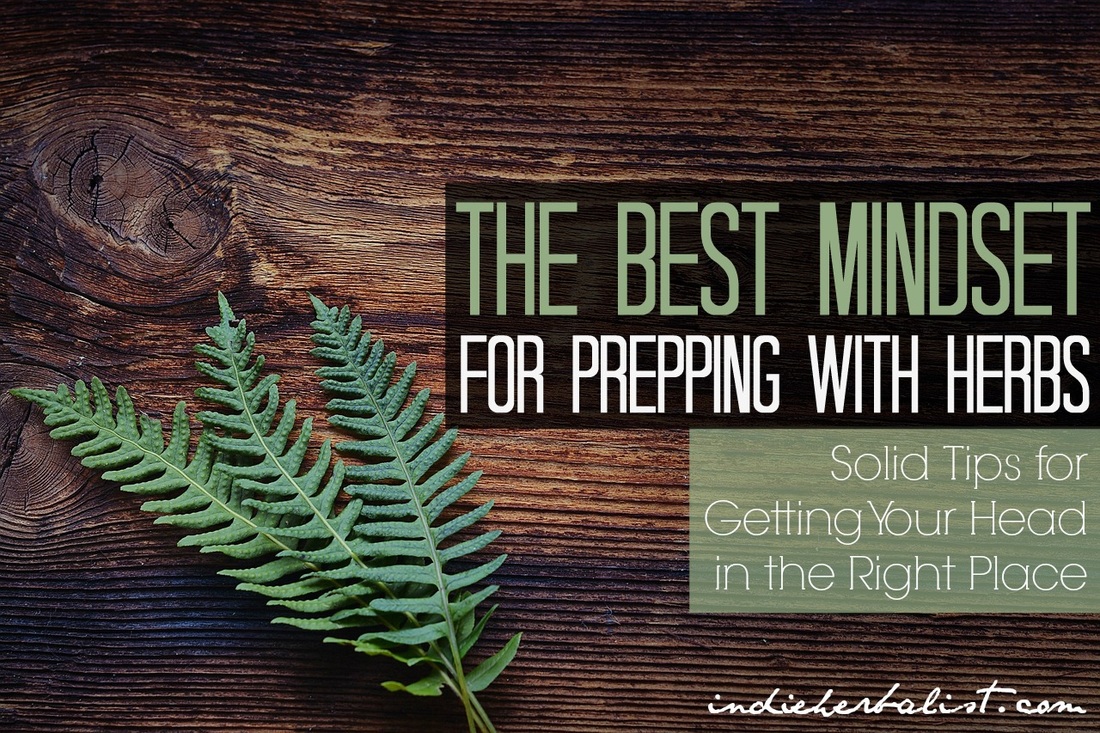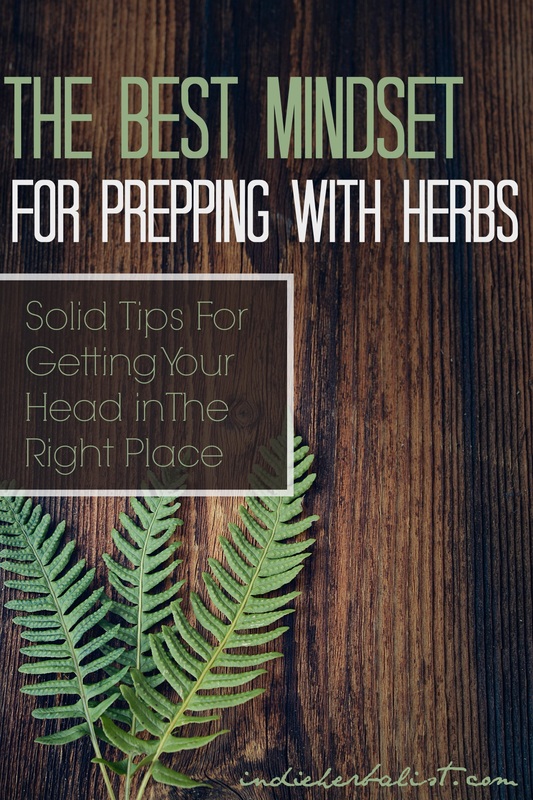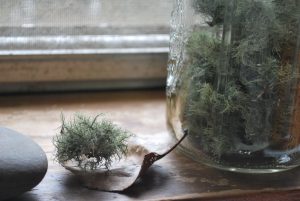Links contained in this post and elsewhere on my website may include affiliate links. When you make a purchase through these links, I earn a commission at no additional cost to you. I only link to products and services that I love - and that I think you will love, too!
That approach is especially important if you are learning herbalism because you want to be able to use it successfully as a backup plan (such as in the event of an emergency that impacts access to medical care). In a worst case scenario like that, you can bet you’ll be glad to have kept your facts straight and built your skills foundation on carefully considered information.
It’s also important to get some hands-on experience, so look into a wilderness first aid course and some herbal classes where you can work with other students and get hands on experience. Even using herbs for your own day-to-day health can teach your valuable lessons about what works and what doesn’t! In the meantime, here are 9 of my favorite tips for developing an herbal preparedness mindset to help get you started:Tip #1 Be Salty, Not Crunchy
Take everything with a grain of salt (sometimes you may need to season generously!). In herbalism, as in life, things are rarely as good as they look or, conversely, as bad as they seem. Don’t buy into health fads or extreme ideologies. Look for the underlying tradition, science, and balance behind the uses of each plant.
Tip #2 Love Local
Sure, the rainforest has a lot of great herbs, but so does a typical backyard or vacant lot. Get comfortable working with local plants and weeds, and put in an herb garden if you can. Sustainable, local resources are better on the environment and less effected by shortages and supply chain troubles.
Tip #3 Exercise Your Good Sense
Exercise good sense. Read widely on herbal and health topics rather than rely on a single source for herbal information, and think critically about what you read. Who is behind the information? How accurate is the information likely to be? Critical thinking is a skill that can be learned and that gets better the more it’s practiced.
Tip #4 Get the Big Picture
Look at the big picture and try to get to the root of the problem. Sometimes, the best solution includes making lifestyle changes in addition to using herbs. A balanced lifestyle is important because without balance, good health is hard to come by. It’s also a better use of resources- a little in the right place vs a lot all over the place.
Tip #5 Be Proactive, Not Reactive
Be proactive. Make changes and plan for the future. Assess what herbal resources and skills you have, vs what you might need. Set goals and get organized.
Tip #6 Ditch The Magic Bullet Mentality
Refuse to believe in Magic Bullet herbs. The latest-and-greatest, over-marketed, hyped-up plant is probably so far removed from its roots in traditional herbalism that those astonishing claims are way off the mark. (See number 1: Take everything with a grain of salt!)
Tip #7 Flexibility
Be flexible, and capable of working with what you have on hand. “Use it up, wear it out, make it do, or do without” is just as important for herbalists. This goes hand-in-hand with learning to work with local plants, but it also means organizing your home apothecary so you can find things when you need them, and making sure you restock regularly. Extracts can last a very long time if stored properly, but dried herbs need to be replenished more regularly.
Tip #8 Grow Some DIY Spirit
Making your own extracts? No problem! Foraging or growing a garden to fill your home with useful herbs? You’re on it! When you can’t make it yourself, try to find it through other local herbalists and small businesses. Networking and supporting the local economy are beneficial on many levels.
Tip #9 Watch and Listen
Realize that herbalists come from all walks of life and all kinds of backgrounds. Every herbalist you meet has something you can learn, so pay attention and appreciate the many different styles and approaches to herbalism that you find being modeled around you.
Historically speaking, there have been many types of herbalism, each with different philosophies and important contributions to herbalism as a whole. Despite their differences, the core at every type of herbalism expresses a belief that herbs can benefit the health and wellbeing of families and individuals of all walks of life. Learning herbalism with preparedness in mind is no different!
All the Best,
Agatha


